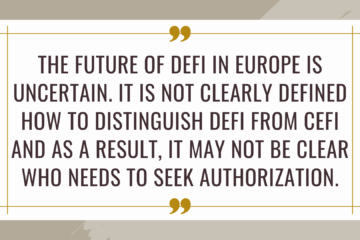When A Bank Cannot Refuse To Open An Account and How EU Directive 2014/92/EU Can Help?

When I worked at Amazon, people complained to me about lost or delayed parcels.
When I worked at PayPal, people complained to me about blocked payments.
Now, people complain to me about their banks.
In this specific post I would like to address a question whether or not a bank can refuse to open an account, and how the EU Directive 2014/92/EU can help. Specifically, people complained to me that some banks require a minimum deposit or assignment of the whole salary to come to this account, or the purchase of some other banking products, and if this did not happen, they refused to open even the basic payment account.
I believe there might be a solution to this.
Article 15 ‘Non-discrimination’ of this Directive specifically says that credit institutions cannot “discriminate against consumers legally resident in the Union by reason of their nationality or place of residence or by reason of any other ground… when those consumers apply for or access a payment account within the Union. The conditions applicable to holding a payment account with basic features shall be in no way discriminatory.”
Article 16 adds that the account opening decisions must be done within 10 business days and refusal is only possible if the customer poses some fraud or AML concerns, or already has an account in this country. (Yes, the bank has the right to verify if you already have an account in the country, but they have to do it within 10 business-day deadline).
All EU countries must ensure that: “access to a payment account with basic features is not made conditional on the purchase of additional services or of shares in the credit institution, unless the latter is conditional for all customers of the credit institution“.
So, what is an “account with basic features”? – it is an account with:
- (a) services enabling all the operations required for the opening, operating and closing of a payment account;
- (b) services enabling funds to be placed in a payment account;
- (c) services enabling cash withdrawals within the Union from a payment account at the counter or at ATM during or outside the credit institution’s opening hours;
- (d) execution of the following payment transactions within the Union:
- (i) direct debits;
- (ii) payment transactions through a payment card, including online payments;
- (iii) credit transfers, including standing orders
Please note – these protections apply to consumers (e.g. natural persons only) and don’t apply to businesses. However (to all my entrepreneurial and small business owners friends – there might be a tiny hope): some countries decided to treat small businesses and individual entrepreneurs equally to natural persons in the national laws for some purposes and there was a high profile case in the European Court of Justice in 2016 that treated an entrepreneur as a consumer.


